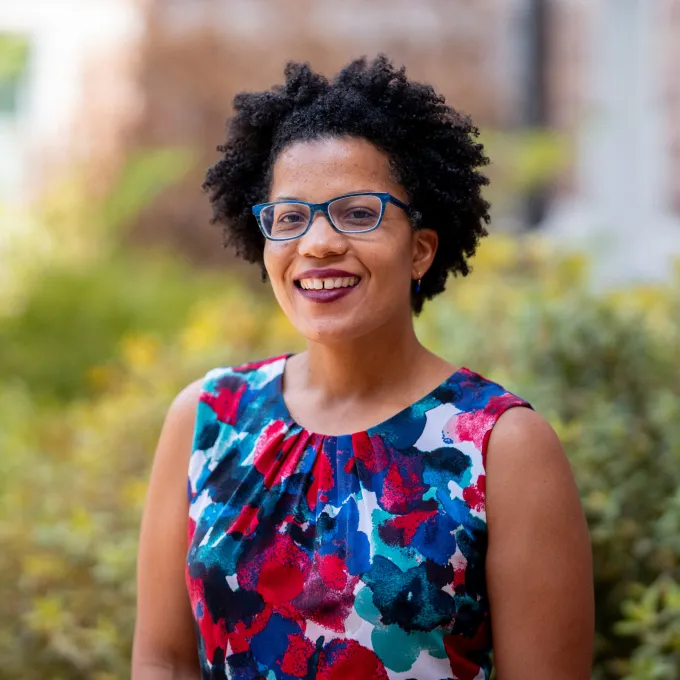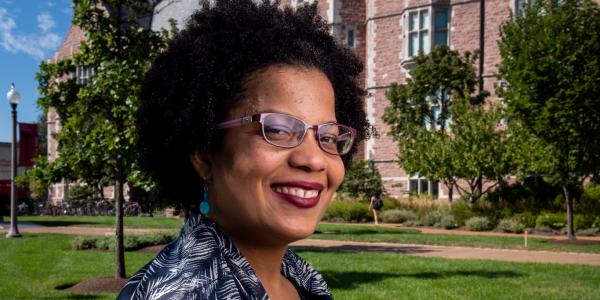Professor Luna’s research, teaching and community work focus on social movements, reproductive justice, human rights and Black feminisms/Intersectionality
Professor Luna’s research, teaching and community work focus on social movements, reproductive justice, human rights and Black feminisms/Intersectionality. She has published multiple peer-reviewed articles and chapters and secured multiple grants including from the National Science Foundation. Her research on the reproductive justice movement includes the book Reproductive Rights as Human Rights: Women of Color and the Fight for Reproductive Justice (NYU Press), which was included on the Oprah Daily list “The 12 Books You Need to Read Post the Supreme Court’s Roe v. Wade Smackdown.” She is coeditor of Black Feminist Sociology: Perspectives and Praxis (Routledge) with Whitney Laster Pirtle. Her other writing includes contribution to Ms. and Refinery 29. Professor Luna earned a joint PhD in Sociology and Women’s Studies from University of Michigan, where she also earned a Master of Social Work. You can learn more about her at http://zakiyaluna.com/




